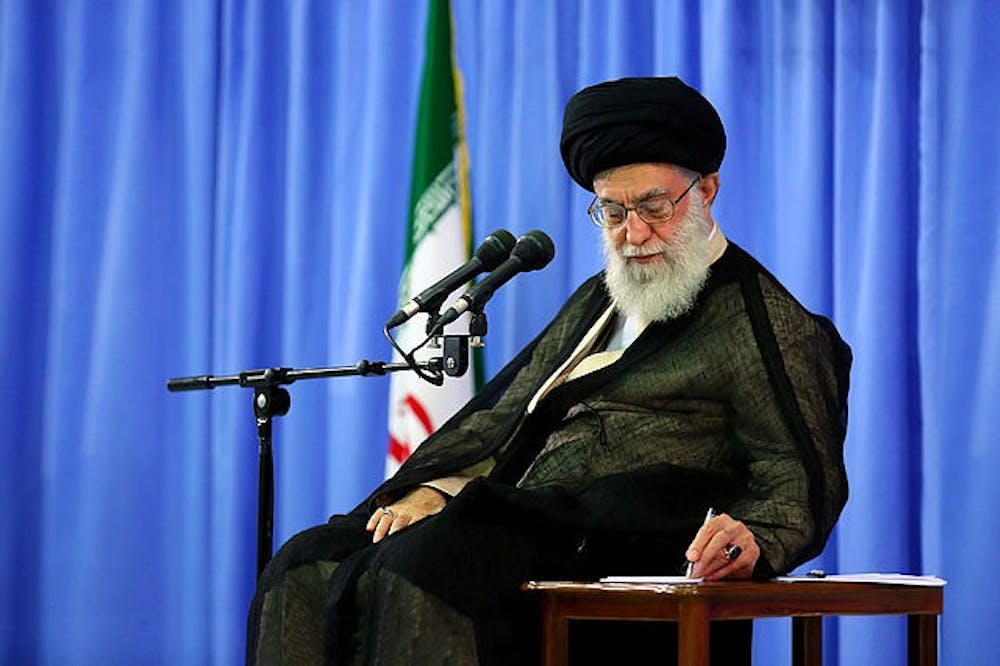Thirty-seven-year-old Xiyue Wang GS was sentenced to 10 years in prison for espionage in an Iranian court on Sunday. Wang is a fourth-year graduate student and researcher at the University working on a doctorate in history, Vice President of Communications Daniel Day said in a statement to the 'Prince.'
Day also confirmed that Wang is a U.S. citizen.
According to The Washington Post and the Mizan News Agency, Wang was born in Beijing, but is no longer a Chinese citizen since becoming an American citizen. China does not recognize dual citizenship.
The Washington Post reported that Wang had been sentenced for “infiltration” based on a warning last year from Iran’s supreme leader, Ali Khamenei.
Day explained in a statement that Wang was originally arrested in the summer of 2016 while doing "scholarly research on the administrative and cultural history of the late Qajar dynasty in connection with his Ph.D. dissertation." According to The New York Times, the University had already known about Wang's arrest and had been working to free him.
Wang is being advised by Stephen Kotkin, a Professor of History and International Affairs. According to Professor Kotkin, Wang was studying late 19th and early 20th century governance in predominantly Muslin regions, such as Qajar Iran, Afghanistan, and imperial Russian Turkestan.
"Xiyue Wang is a remarkable, linguistically gifted graduate student," Kotkin said. "He is innocent of all the charges. In Tehran, Wang collected documents that were one hundred years old. He had a prestigious fellowship to continue his Ph.D. fieldwork in Russia."
This sentence comes as tensions between the United States and Iran are on the rise. The Iran nuclear deal, negotiated under the Obama administration, has not been met with favor under President Trump’s administration. Trump has indicated his intention to possibly dismantle the deal. Further, he must decide by Monday if Iran is complying with the agreement, according to American law which requires the U.S. certify if Iran is in compliance every 90 days, according to The New York Times.

Chair of the history department Keith Wailoo could not be reached for comment at the time of publication.
This story will be updated as more information becomes available.
Abhiram Karuppur '19 contributed to the reporting of this story.
An earlier version of this story erroneously stated that Wang held dual U.S.-Chinese citizenship. Wang renounced his Chinese citizenship upon becoming a U.S. citizen because China does not recognize dual citizenship. The 'Prince' regrets the mistake.









